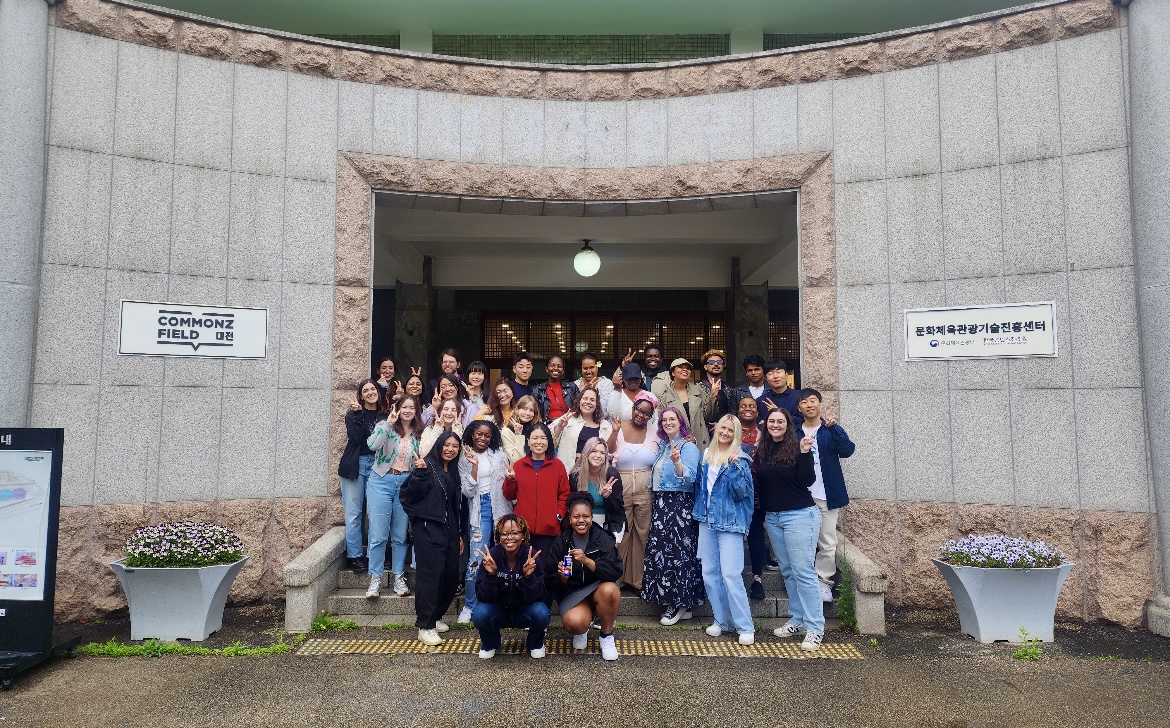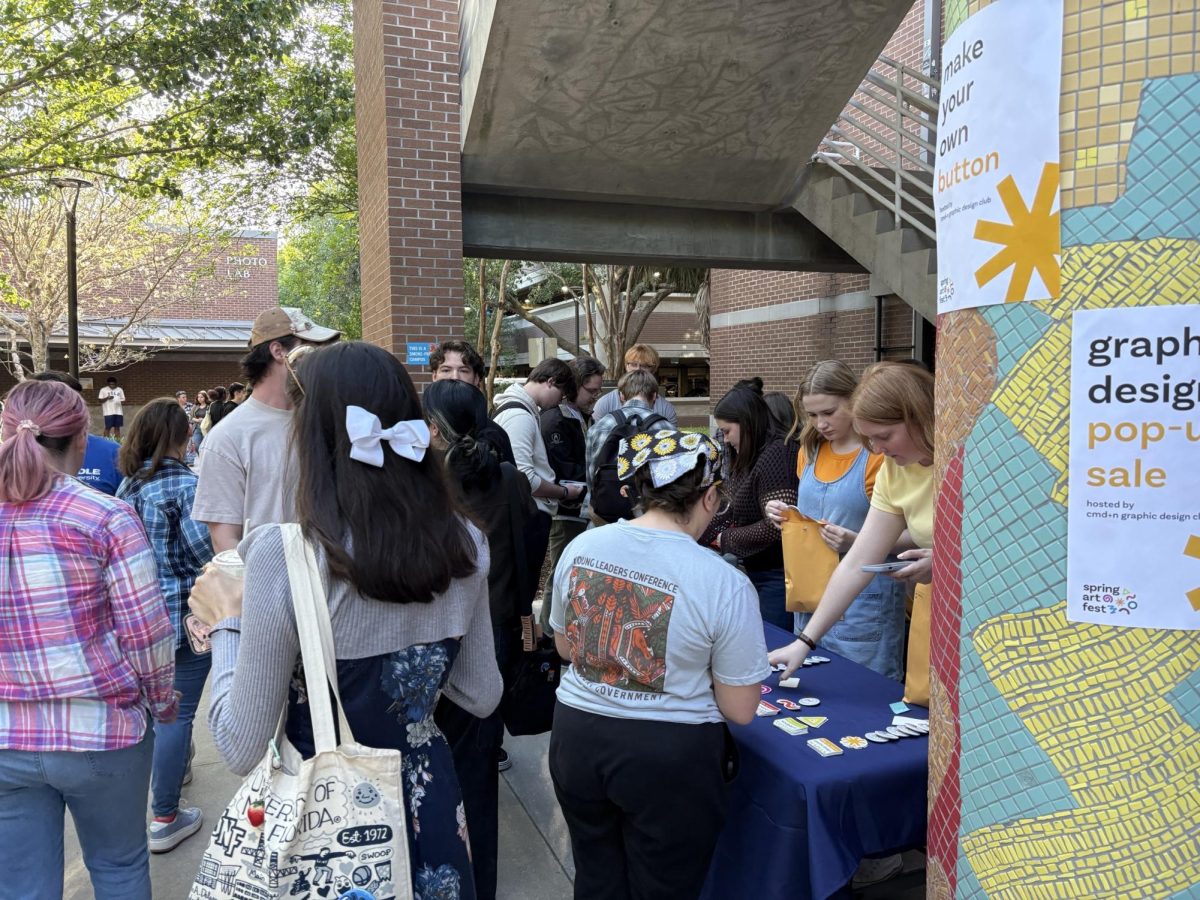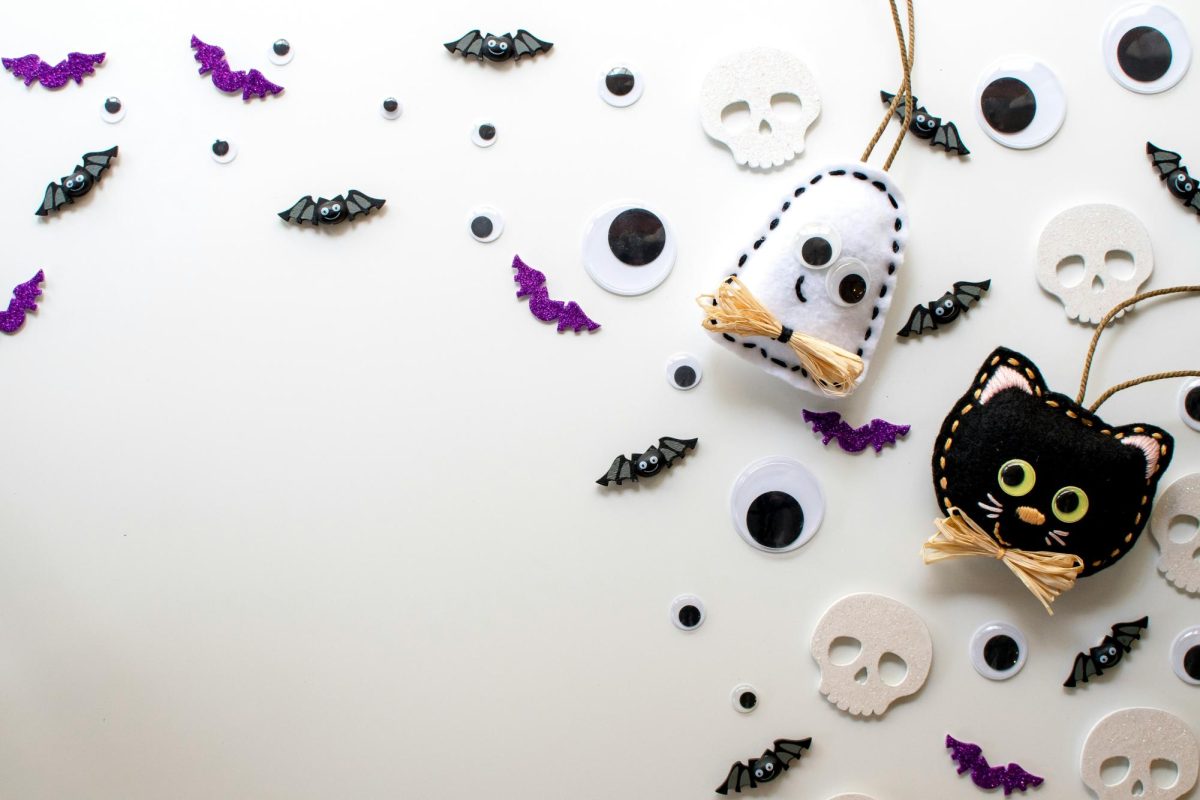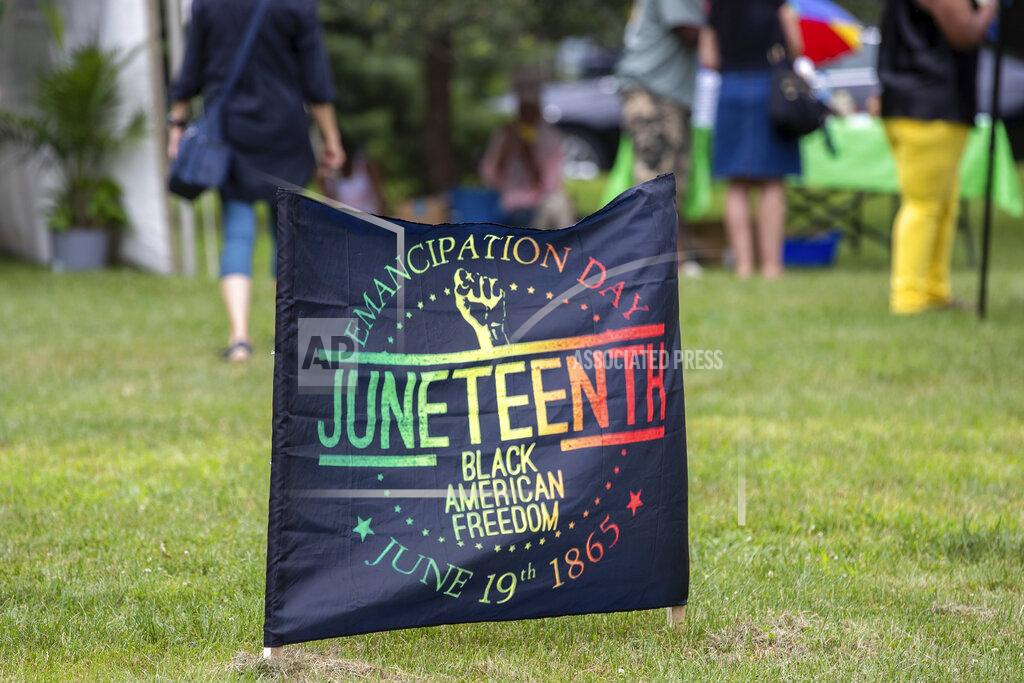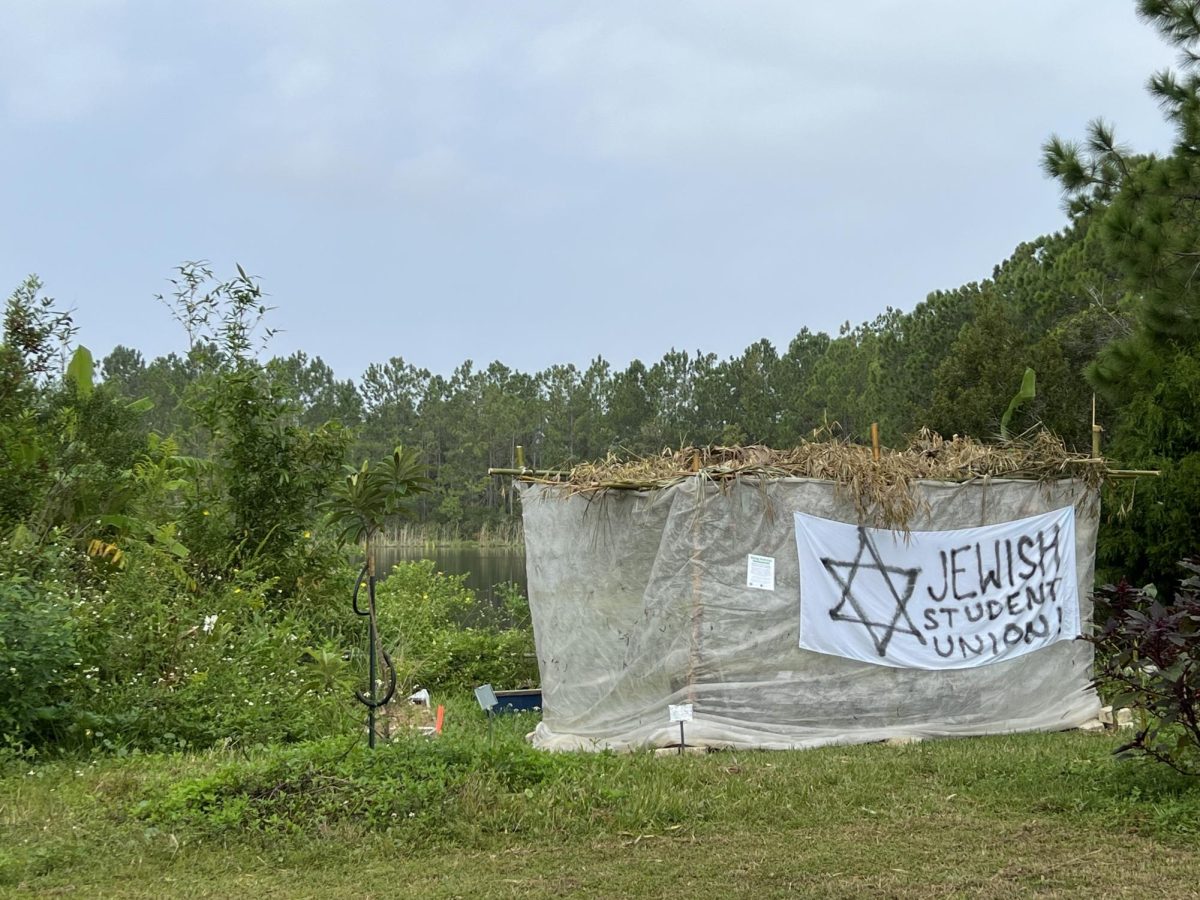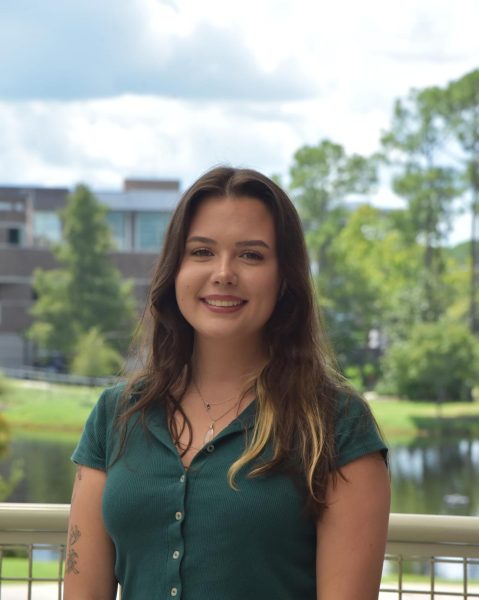As Juneteenth sparks reflection on Black liberation and history, the University of North Florida’s Black Thought Club is creating space for students of color to connect and be heard through intentional conversation and community.
Kayla Charde, founder and president of Black Thought Club, started the organization last fall after realizing that the meaningful conversations she was having with other students of color needed a dedicated physical space for reflection and connection.
“I encourage all students of color to immerse themselves in the small but mighty spaces we, as BIPOC, take up on campus,” said Charde.
When starting the club, Charde said she immediately knew who she wanted on her leadership board: an amazing group of friends she trusted to help bring her vision to life.
“What drew me to Black Thought Club, and what I think draws other students of color, is that it is a real physical space — not a social media comment section or group chat, but a place for students to come together and discuss the things that are important to them. It often feels like the world isn’t listening to us, so it’s increasingly important to breathe life into spaces where we can listen to and educate each other,” said Charde.
Charde said that while Juneteenth represents liberation, it can also be triggering. This leads many schools, employers and businesses to avoid conversations about its history. As a result, she believes many people miss the deeper significance of the day, which is why spaces like Black Thought Club are essential; they foster open, honest discussions about Black history and use holidays like Juneteenth as opportunities to educate, reflect, and honor the past in order to move forward.
For students and faculty to educate themselves beyond Juneteenth, Charde encourages them to read.
“Get yourself a library card or spend a day looking at the African American History collection in Thomas G. Carpenter Library,” said Charde. “Reading about the African American experience is the closest we can get to living through those who came before us at crucial times during our collective history. So, I always tell people to read, because you’ll learn a lot about those around you and a lot more about yourself.”
Miya Ragin, the student engagement representative for Black Thought Club, said the club is dedicated to creating a space where Black students can express themselves and grow together. She said their goal is to grow an environment where people feel seen, heard and supported while also challenging one another to think critically and advocate for change.
“It’s a shared effort rooted in community, growth, and collective leadership,” said Ragin.
To Ragin, Juneteenth represents freedom and a time to reflect on how far the Black community has come, while also acknowledging the work that still lies ahead. She describes it as a celebration of Black joy, culture, and resilience, and for the club, a moment to uplift one another and honor their history.
“As a club, we’re taking time to reflect, share resources, and hold space for conversations. It’s not always about throwing an event; sometimes it’s just about being intentional and making sure we keep the meaning of the day at the center of what we do,” said Ragin.
Juneteenth isn’t just Black history, it’s American history, Ragin explained. She said every student at UNF can take something meaningful from the day and that everyone has a role to play in creating a more inclusive and informed campus.
“We talk about things that usually get overlooked like mental health in the Black community, code-switching, cultural erasure, joy, rage, healing — all of it. It’s not just surface-level or academic, it’s real and personal,” said Ragin. “These are the kinds of conversations people are craving, but they don’t always have the space or support to really go there.”
Ragin said learning about Juneteenth and Black history begins with intentionality. Whether it’s reading books by Black authors, actively listening to others’ lived experiences, or engaging in honest conversations without making assumptions.
“You don’t have to know everything. It’s about caring enough to keep learning,” said Ragin. “Just don’t treat it like a once-a-year thing. Keep showing up.”
Ragin encouraged students to get involved, whether by attending an event, following the club on social media or simply bringing a friend. For non-Black students especially, she said, being respectful, listening more than speaking, and standing in solidarity can make a meaningful difference. Ultimately, there’s space for anyone who wants to build community and grow together, said Ragin.
In the future, Black Thought Club hopes to expand and attend more Market Day events, and develop a LLEA (Listen, Learn, Educate, Advocate) initiative, according to Charde.
___
For more information or news tips, or if you see an error in this story or have any compliments or concerns, contact editor@unfspinnaker.com.







